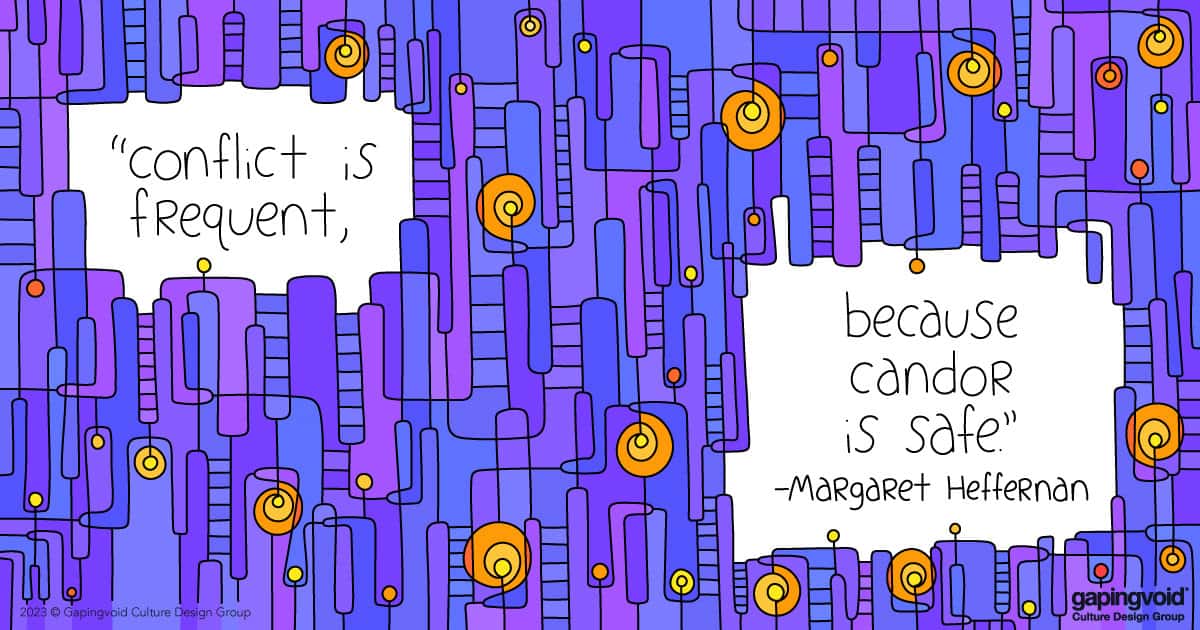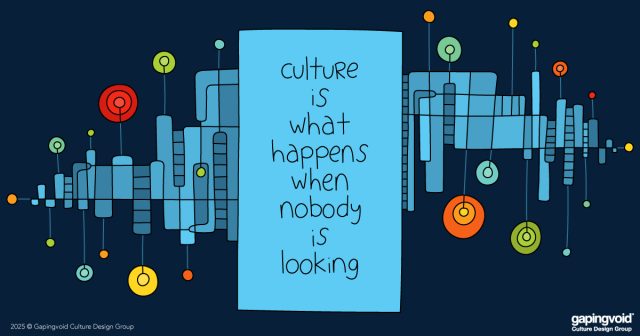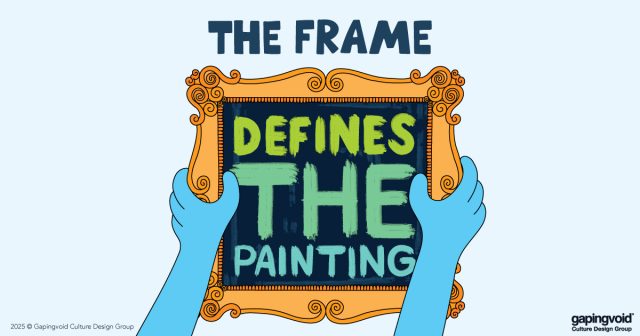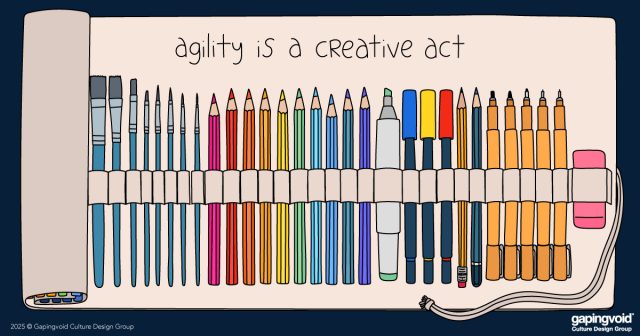
In many families, people can say it like it is. You’re more likely to be brutally honest with a family member than Bob from accounting. Cutting away the unnecessary pleasantries keeps things clear and efficient. And more importantly, honest.
Recently, Bernard Arnault, the CEO of luxury conglomerate LVMH and the world’s richest man, made one of his daughters CEO of Christian Dior Couture. This is just the latest in a string of family leadership roles, sparking speculation about his future succession plans. One of his sons is CEO of Christian Dior SE and Vice-Chairman of the Board of Directors. His other three children also hold high-ranking positions in the group.
On its face, this seems like good old-fashioned nepotism, and the knee-jerk explanation is that Arnault wants to keep the wealth in the family.
That’s probably part of it, but there’s a deeper layer to this.
First: succession has always been a messy business. Maintaining a long-standing organization is like a relay race, and the baton often gets dropped when it’s supposed to get passed. A clear line of family succession eases this transition. Especially when those family members are coached, trained and spend years being equipped to succeed by the very top.
Second: while we as a society usually frown at nepotism, perhaps keeping business within the family is a more assured way to arrive at a high-performing, close-knit culture. As Daniel Coyle says in The Culture Code, members of high-performing teams often refer to each other as “family.” They trust each other. They care about each other, not just the work. They can be honest and vulnerable.
For some business owners, especially in low-trust societies, building a team around their actual family may be the quickest route to a family-like dynamic.
Sure, this might not be fair for the rest of us who want to live in a world where merit determines reward, and arbitrary rolls of the cosmic dice don’t impact our results. But as Patrick Ness said, “Life ain’t fair. It ain’t. Not never,” and maybe it’s time we make our peace with that.
We’re not saying hiring family automatically leads to competent and honest cultures. We know well that’s not always the case.
The point is the best organizational cultures often exhibit family-like traits: where heated debates over which product direction to go in sound similar to loud yelling matches over which documentary to watch after dinner. Cultures where the best ideas, win. Places where, as Margaret Heffernan says, “conflict is frequent because candor is safe.”
As leaders, we all have the opportunity to create that kind of culture. Places where people can express and receive truth from anyone, not just family.



